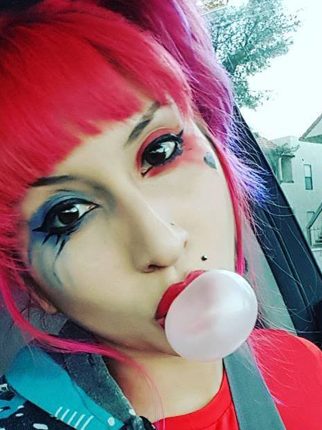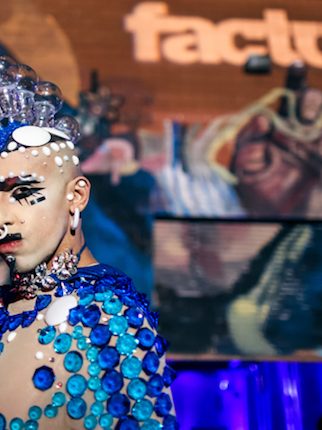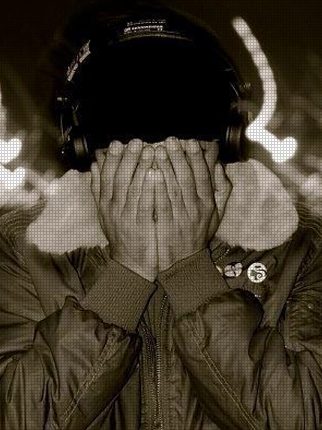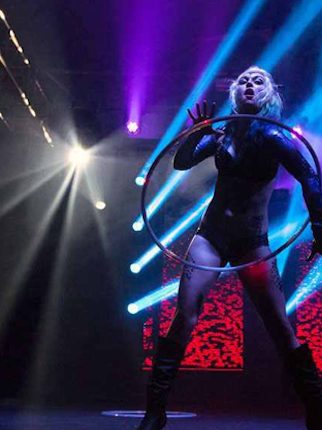My Life As: A Sober Mentor
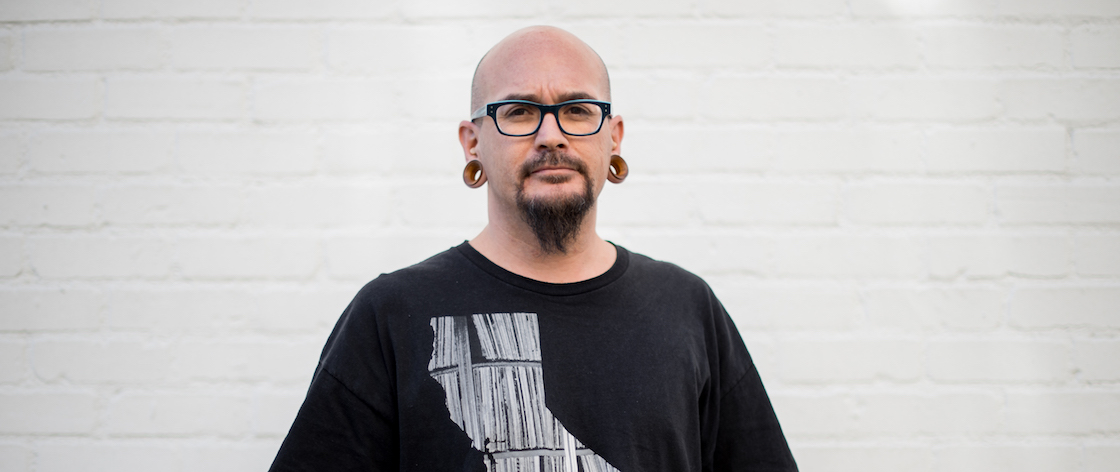
At its best, raving can be an incredible experience for the senses. The melodies of the music, the vibration of the bass, and the sparkle of the visuals combine, flooding the brain with feel-good chemicals that compel us to dance and put an unwavering grin on our faces.
Unfortunately, for some people in our culture, these life-affirming moments can be triggers that lead to harmful, addictive behavior. Yes, drugs and alcohol are present everywhere in society, but they are found more often in celebratory environments. For folks who battle addiction, the thing so many of us find joyous can become the thing that is most destructive. Just ask Patt Ochoa, the leader of Insomniac Consciousness Group (ICG), a volunteer initiative that provides space and support for clean and sober ravers at events like Electric Daisy Carnival and Nocturnal Wonderland.
“People talk about how music festivals are so important, and when they got sober, they felt like they weren’t going to be able to go to [them] anymore because of the triggers that sometimes can be there,” says Ochoa, who also works as an adolescent treatment counselor. Hailing from Orange County, he started ICG in 2013, inspired by similar sober spaces commonly found in the jam band scene and at events like Bonnaroo (Soberoo) and Outside Lands (Soberlands).
“We have a tent with clean and sober volunteers who give information out to attendees, letting them know that clean and sober festivals [are] possible,” explains Ochoa. “It’s a way of life. We provide three support groups a day at the festival.”
Throughout a given festival weekend, the ICG booth is run by volunteers who rotate shifts, so they’re also able to enjoy the event themselves. In the process, they often meet new sober friends to share the experience with, and the booth becomes an unexpected home base for people’s entire weekend experience.
“We had someone who came into the tent and said he just left drug and alcohol treatment and had 45 days sober,” Ochoa recalls. “He hung out with us for the weekend in order for him to get the support that he needed to make it through the festival without picking up some sort of drugs or alcohol.”
Ochoa personally understands the challenges young people face when trying to be sober in a party environment. Being 13 years sober himself, he spent more than a decade of his life abusing substances, both within and outside the electronic music scene.
“I started drinking at 9 years old. At 11, I was pretty regularly drinking and using,” he reveals with total candor. By the time Ochoa encountered rave culture (thanks to a childhood friendship with DJ Jason Blakemore), he already had many years of substance abuse under his belt. In raving, he found a passion and a sense of community that had been missing from his life thus far.
“I remember going right up to the wall of speakers, and the camaraderie of people that were at the front of those speakers—everyone was jam-packed, and everyone was bouncing exactly in unison to the bass,” Ochoa recollects with a smile. “I remember for the first time in my life feeling completely disconnected from the outside world and connected in unison to the beat and to the music and to the bass. I remember looking around, and there were Chicano gangsters, African-American gangsters, gays, whites, all different colors… everybody was just loving one another. It was a sense of unity I had never experienced.”
Ochoa dove headlong into DJing and collecting vinyl and went out regularly for years, becoming a fixture on the scene. By the time he was in his mid-20s, however, his drug addiction had escalated to the point where he could no longer participate in the thing he loved.
“My chemical use turned from LSD, ecstasy, nitrous oxide, alcohol, marijuana… into cocaine, methamphetamines—which later placed me into a full-blown heroin addiction,” he says, recalling the point before he hit rock bottom.
“I remember standing out in front of a warehouse where I used to go to raves; I was standing there waiting for a trick to pick me up in order for me to get what I needed. I remember having a moment of clarity of looking at that warehouse and having all these memories of good times—[from] feeling connected and feeling a part of something, to a place [where] I was completely isolated and alone.”
Ochoa eventually got sober at the age of 27, and he has remained that way in part by helping others find the sober path. But while most people who leave the rave scene due to substance problems never return, Ochoa was determined to get back to the music and community he loved.
“The challenge was, I always had this belief that drugs made the music better. When I was on ecstasy, I could feel more; when I was on acid, the sound sounded crazier. So when I got sober, there was a ton of fear.” But he couldn’t let that stop him: “I didn’t think I could be sober unless I could experience the thing that I love.”
 “I remember standing in front of a wall of speakers, hearing Doc Martin play some sick basslines,” he remembers. “My whole body vibrated on a level that I had never experienced in my life.”It didn’t come easily, but slowly Ochoa was able to return to the rave scene. He soon discovered a joy that went beyond anything he felt when his spirit was clouded by drugs.
“I remember standing in front of a wall of speakers, hearing Doc Martin play some sick basslines,” he remembers. “My whole body vibrated on a level that I had never experienced in my life.”It didn’t come easily, but slowly Ochoa was able to return to the rave scene. He soon discovered a joy that went beyond anything he felt when his spirit was clouded by drugs.
Ochoa realized that many of the young people he met in the scene shared the same misbelief: that being sober meant giving up the music scene they loved. He eventually approached Insomniac Founder Pasquale Rotella, whom he knew from the original rave days, with the idea to create a safe and sober space for fans who still want to attend festivals.
Today, Ochoa continues to enjoy that same visceral experience on the dancefloor, and he now shares those moments with his unofficial ICG family, who explore the festival as a group. Ochoa introduces the younger attendees to some of the old-school house and techno DJs, while the kids have taught him to appreciate the newer sounds of trap and EDM.
“I get to experience getting as close as we can to the mainstage and just going crazy,” he says with a joy that can come only from deep within one’s soul. For Ochoa and the sober ravers ICG supports, the reward of music against the struggle of addiction is one worth fighting for.
“It’s about me saying, ‘Hey, let me show you how I go out,’ and be an example of dancing with them and feeling it and talking about it, and really sharing my experience with them. I am trying to still live the lifestyle of going to festivals and clubs every night, but we are trying to live a clean and sober life.”
Follow Insomniac Conciousness Group on Facebook

